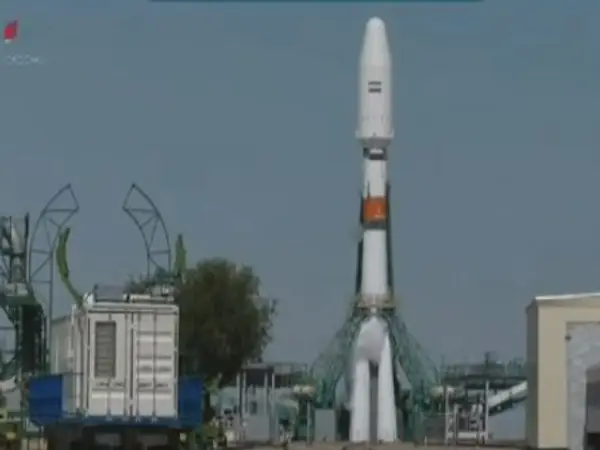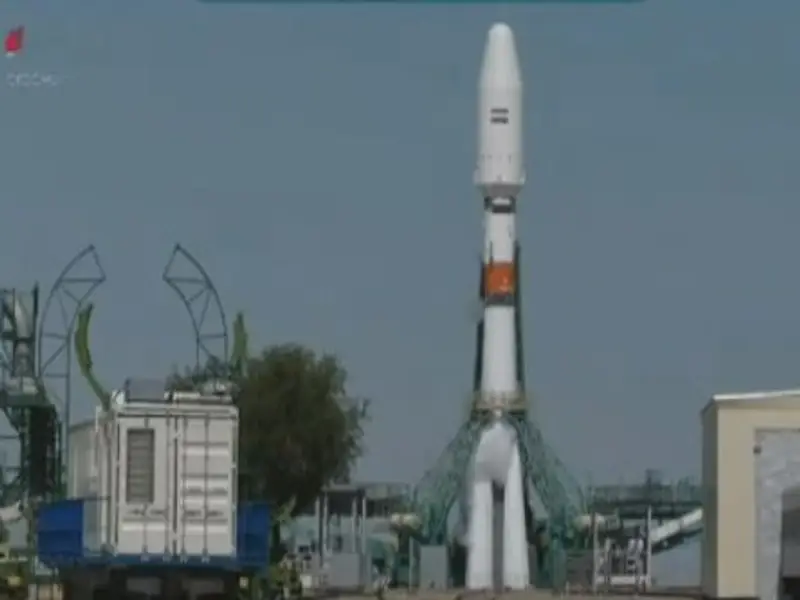Russia launched a controversial Iranian satellite into space Tuesday from its Baikonur space station in Kazakhstan as planned, government media in Iran reported.
The satellite called Khayyam after a 12th-century Persian polymath sparked controversy last week when The Washington Post quoted two Western security officials as saying that Moscow intends to use the space platform for its war effort in Ukraine.
Iran's Space Agency denied the report on Sunday, saying the satellite will be fully operated and controlled by the Islamic Republic from inside Iran once launched into space by Russia. It said that all operations of Khayyam will be controlled by Iranian engineers and researchers from a space base in Iran immediately after it reaches orbit, adding that data management stations of the satellite are also in Iran.
Iran and Russia are close political and military allies and have fought in Syria in close coordination to save Bashar al-Assad’s government in the decade long civil war in that country.
Western sources have said the surveillance satellite will greatly enhance Tehran’s ability to spy on military targets across the Middle East, including near-continuous monitoring of sensitive facilities in Israel and across the Persian Gulf.
Iran’s homegrown attempts at putting satellites into orbit have largely failed due to its technological limitations, so Russia agreed to build and launch the Kanopus-V Earth-observation satellite that can resolve features as small as 3.9 feet (1.2 meters) on Earth's surface.
US officials in July voiced concern that Iran intended to sell military drones to Russia for deployment in Ukraine, a charge that Tehran has not categorically denied.

